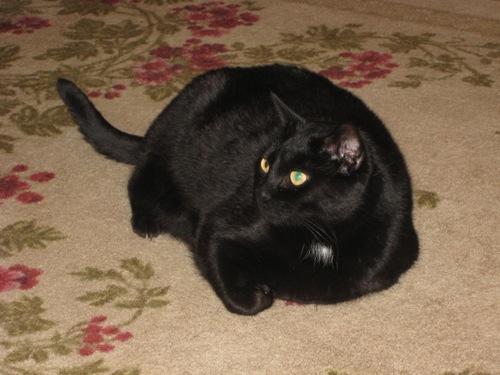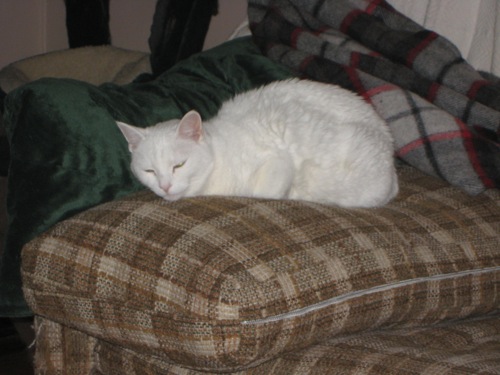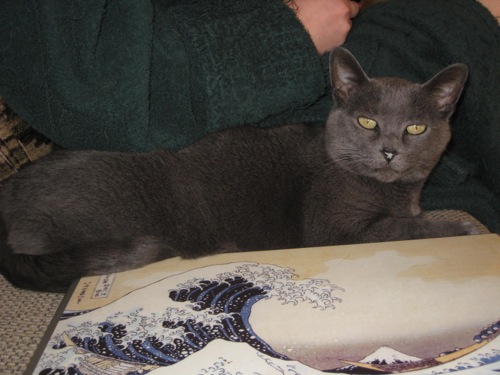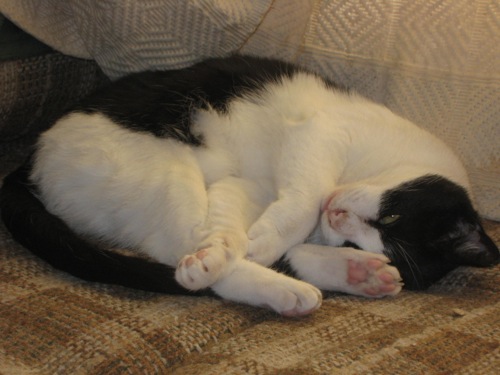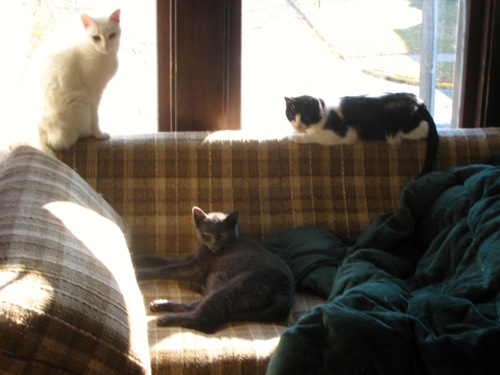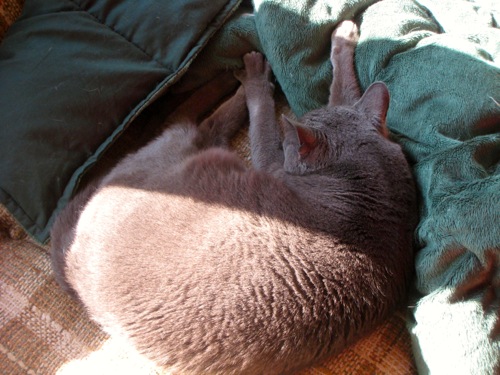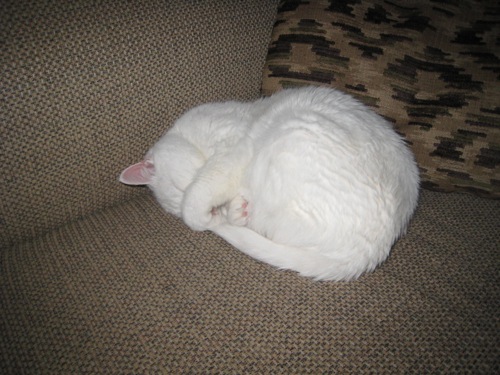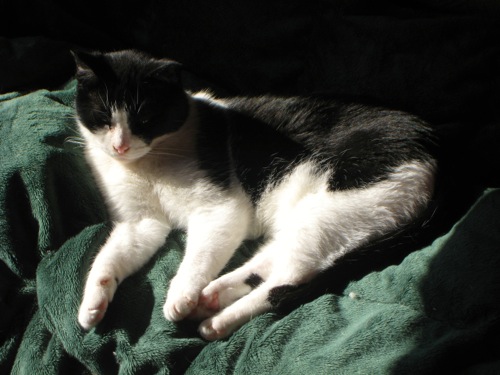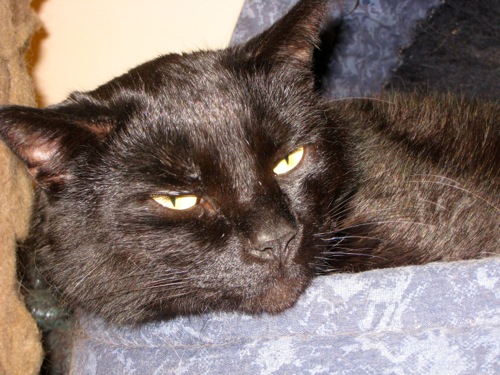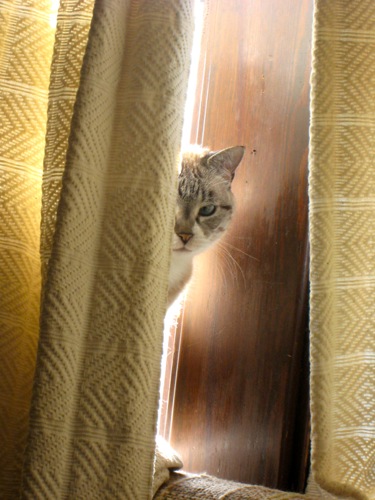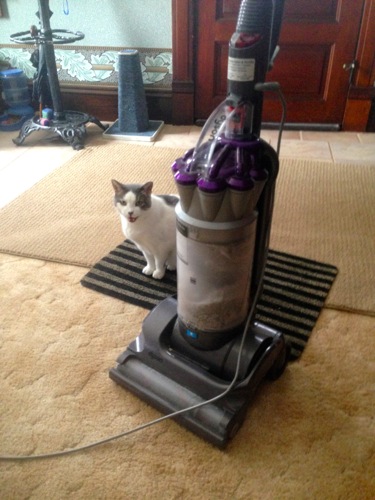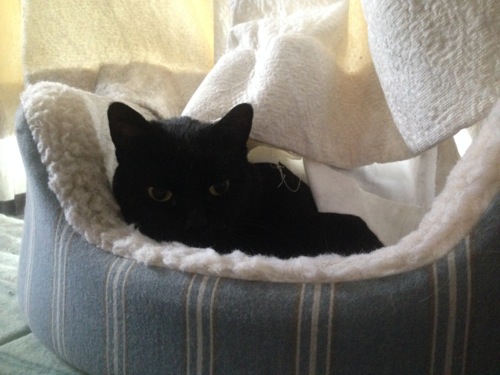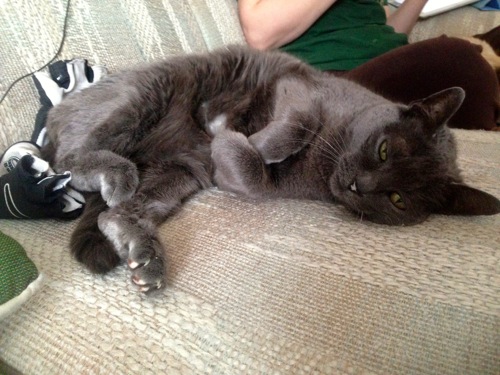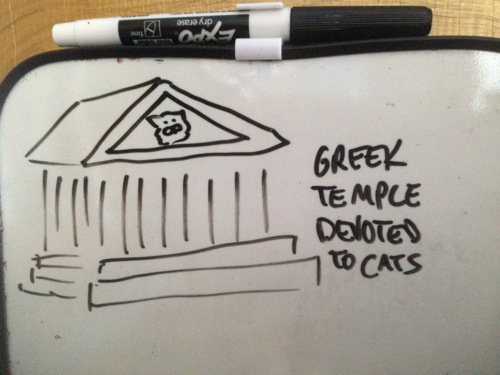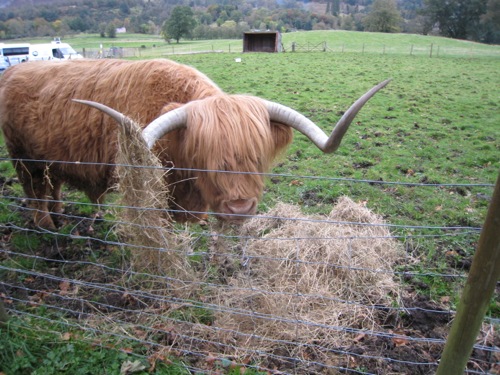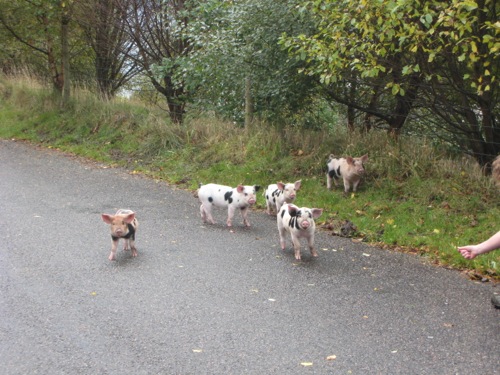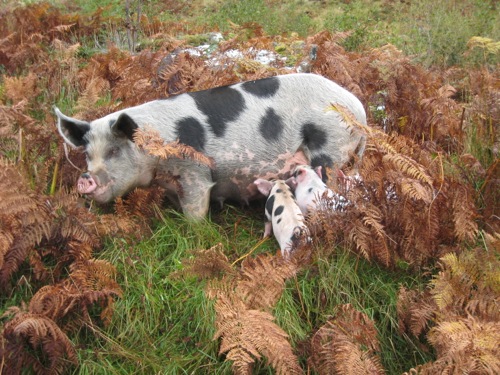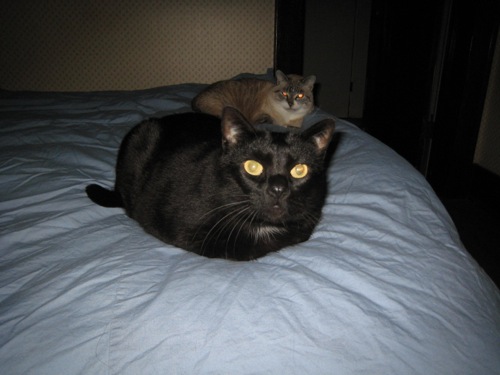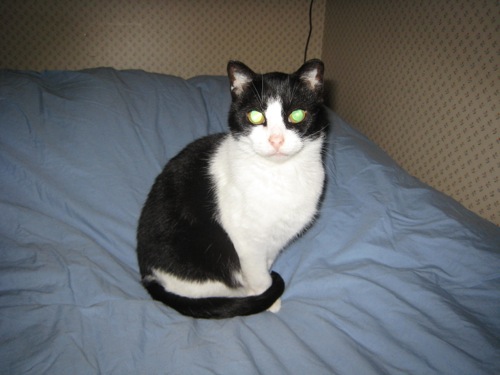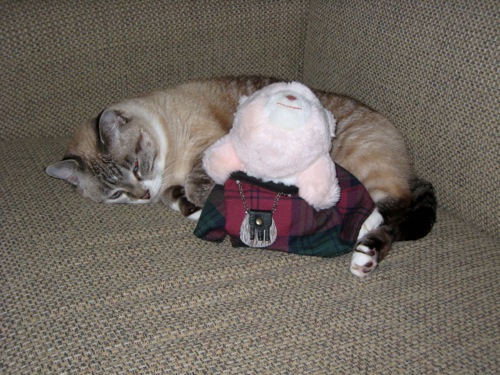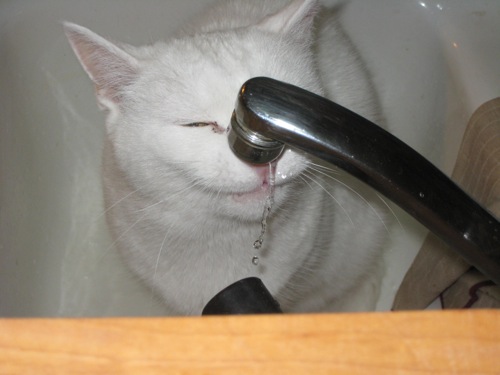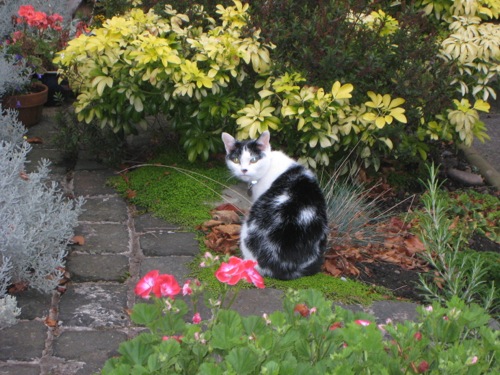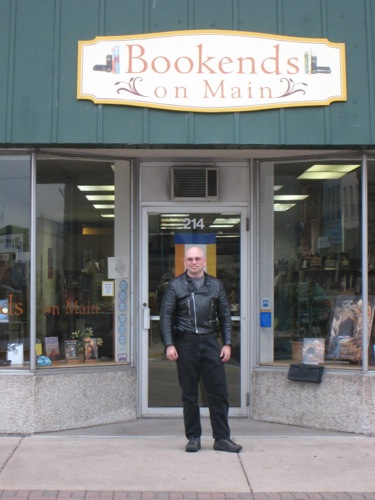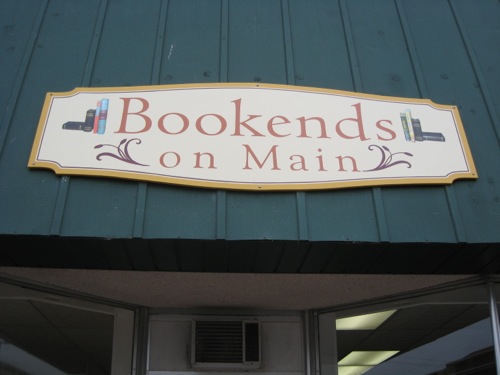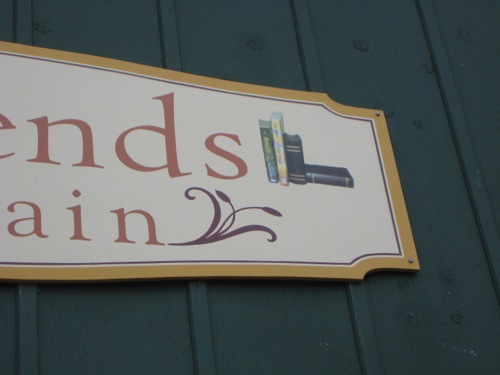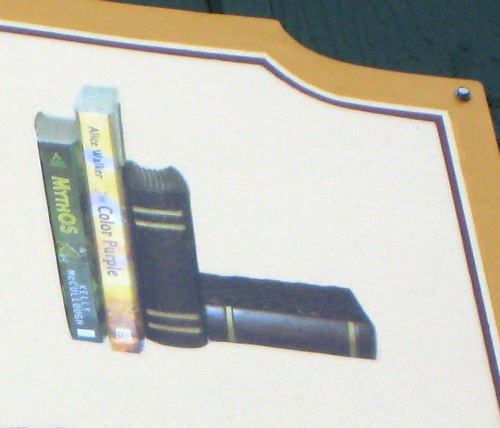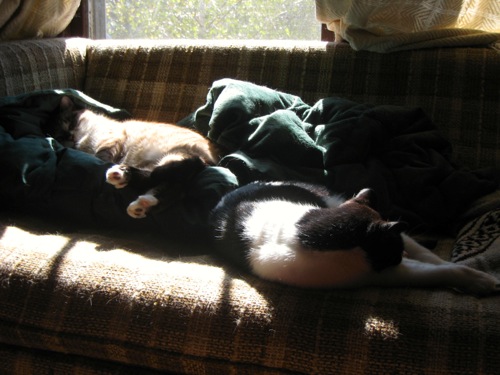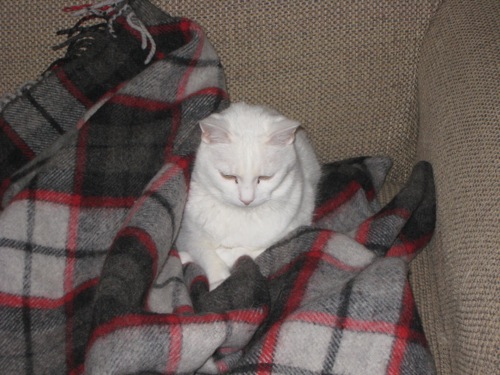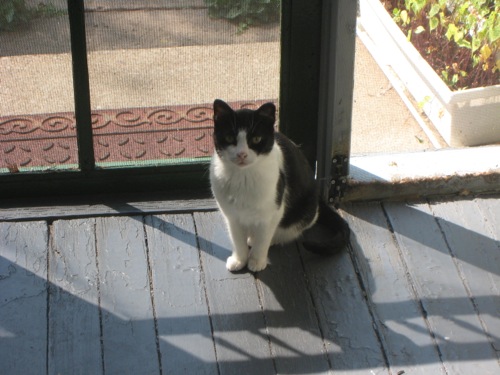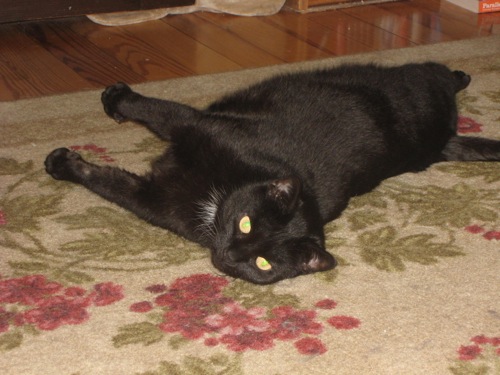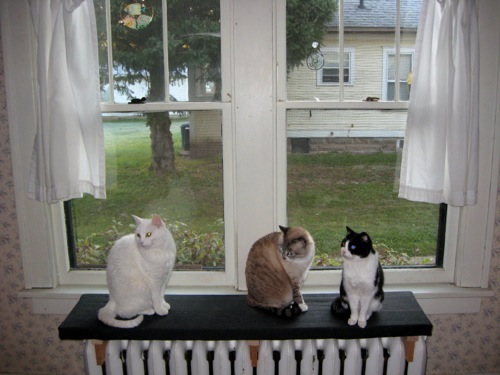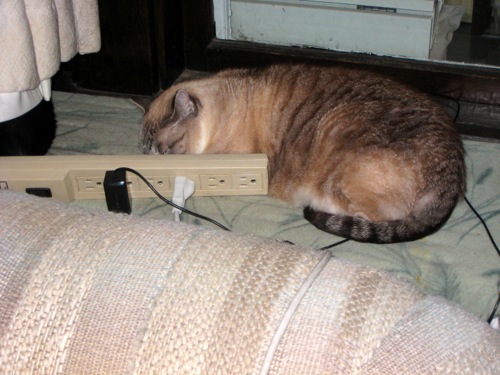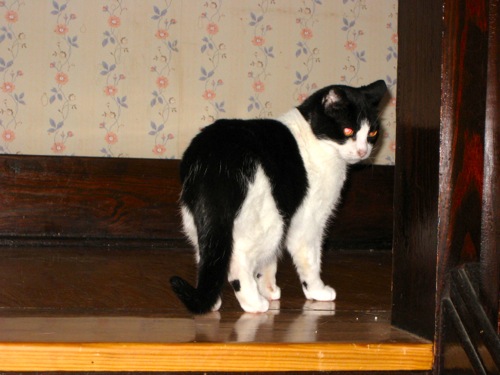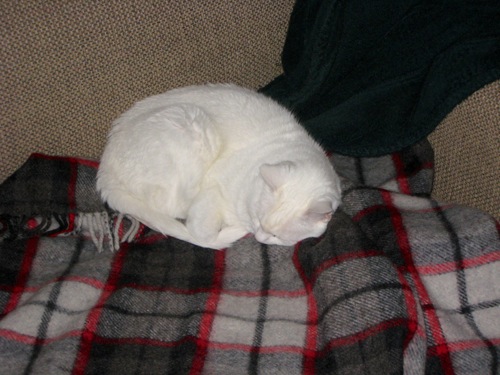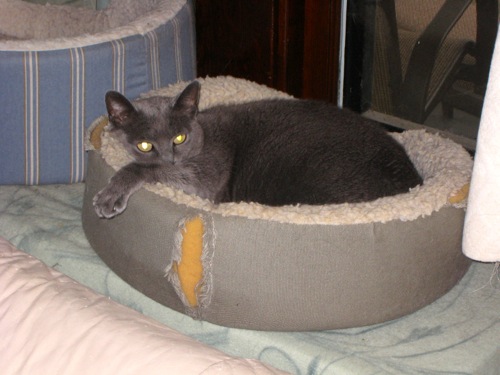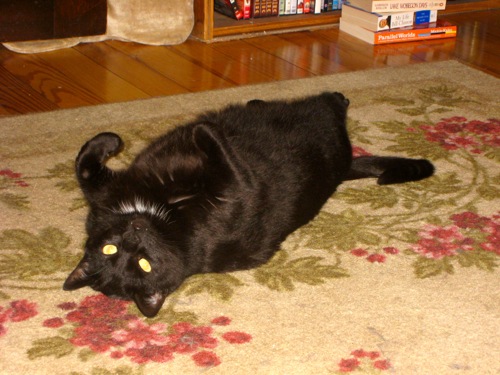Part 1: The Blueprint
It started out as a short story. Then it grew a second (never published) short story. Then those two merged into the first half of the book. Then I wrote a third short that eventually became the opening of book II which grew from there. Then I had to come up with one more rough plot, CodeSpell, and a sketchy idea, MythOS. Then I wrote a series closer that had to incorporate all the earlier stuff and tie it up into a neat package.
This was a lot of fun but it also involved a lot of work in terms of making it all fit together and look like a cohesive whole. Picture a one room cabin that slowly accretes additions until it becomes a small mansion. It can be done in a way that produces something with architectural integrity and style, but it’s a hell of a lot more work to do it that way than it would have been to start out by designing a mansion from the blueprints up.
The same is true of series book proposals. In the past five years I’ve written series proposals for four separate series, two with a complete book attached, two with chapters. In all four cases, I knew from the first moment that I was writing a multi-book saga and was able to put all the story equivalents of pouring the slab, electrical runs, plumbing, and facade into the blueprint ahead of time instead of ripping out and replacing the original inadequate hookups or simply making do.
The end result of that advance planning should be a much more cohesive and seamless whole. In the case of one of the series (a trilogy actually), where I went ahead and wrote book II on spec as well, I was able to see how much simpler it was to get book II written and running with all the foundations waiting for it. It wasn’t a perfect fit and there were things in book II that made me go back and make minor adjustments to book I, but overall it was a much simpler and stronger process. The proposal is the blueprint, and if you get that right it means a lot less work and kludging down the road.
Let’s start with the short-story version of WebMage’s plot and the things I didn’t think about beforehand. The short story WebMage was all about Ravirn’s successful escape after a hacking run. Because it was essentially a chase story, it really didn’t matter why Ravirn had hacked Atropos beyond for the hell of it (strongly implied in the short). Fine motivation for a short story, but ultimately unsatisfying for a novel. Because it was a short the long term effects of the cost of that escape didn’t matter when I was writing the short. So, at the end we have Ravirn with the enmity of one of the Fates, a knee that’s thoroughly hashed, short a fingertip, and in no real shape to do anything but lie in bed and recover. Fine in a short, more problematic in chapter three of a novel with a whole book left for him to limp through.
Then there’s world. In the short all I had to do for the magic system was put together the rough framework and then decorate it with the bits that I needed to make the plot work. A novel needs a lot more than that, and if I’d been planning for more story, there are things I would have made simpler or stronger. Names are another issue. At short story length I just grabbed cool stuff and didn’t worry too much about making a coherent culture of it. Likewise culturally, the colors my characters wore and the pseudo-Elizabethan court structure, both done because they were cool and at short length coherence wasn’t really an issue.
Finally, character: Ravirn and the Fates were basically perfectly workable characters for the longer run of a novel, so no real problems at the first order build-out level. Cerice and Melchior however both needed a lot more room to grow. A good part of the familiar underground subplot was by way of making the expanded Melchior make sense. As for Cerice, I don’t think I really got her to work fully the way I wanted until book V.
So, a good deal of the structure of WebMage the novel went into mitigating and justifying the cost of the events of the short and into making that set of scenes make sense in a larger context. A fair amount of work also went into ret-conning the magic system to make it work for the novel. Culture had to be justified and characters twisted and expanded. I’m quite happy with the result but it was an enormous amount of work to get it there and I suspect that if I’d been planning ahead I could have achieved better results with less wordage, which in turn would have given me room to make things richer elsewhere.
There were similar problems moving from the stand-alone WebMage novel into an open ended series a piece at a time as I did, most notably with Cerice (who worked very well as a love interest in the original happily ever after ending of WebMage but not so much over multiple books), Tisiphone (who I straightjacketed in book I much more than I would have had I known how big a part she was going to play going forward), the magic system (see the handing off of the mweb system from Fate to Necessity), and plot (having your main character go up against Fate in book I doesn’t leave you a lot of room to step back down into a more human scale of story or, on the other end, much space for a bigger badder baddie). Again, I’m happy with the results, and in particular with some of the choices forced on me by the original structure of Tisiphone, but I think it could have been done better with only a little more forethought.
I don’t regret a single choice I made with WebMage but man, looking forward, a lot of them are choices I’m glad I won’t have to make with the next set of books.

